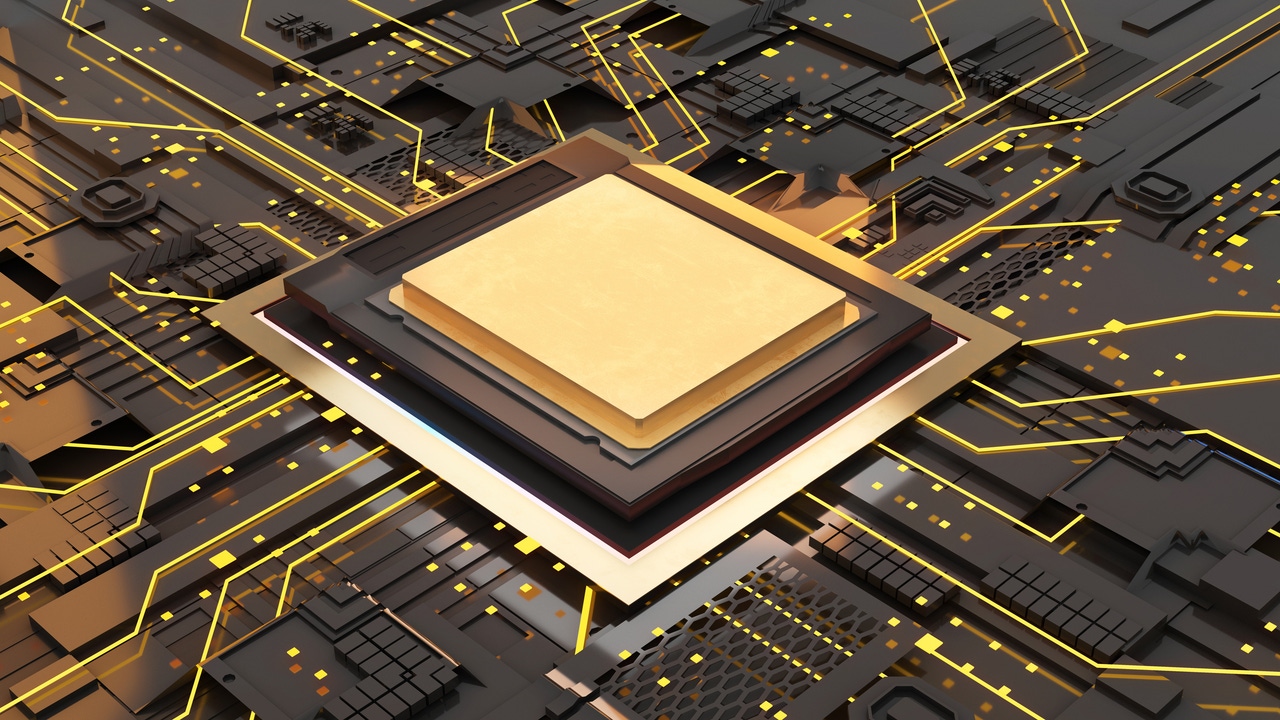
Connects decision-makers and solutions creators to what's next in quantum computing
Generative AI Prompts Business Leaders to Speed Toward Quantum Future
Businesses preparing to adopt quantum computing can learn lessons from the rapid acceleration of generative AI

Generative AI has given us a preview of the fast evolution we should anticipate for quantum computing. Generative AI has put new demands on academic, defense and commercial communications networks. Quantum technology will further accelerate the pace of change. Business leaders must act now to understand and mitigate their future risk.
Much like quantum computing, generative AI processes data sets in different ways and at different speeds. In credit card fraud detection, the drive for accurate and instant approval or rejection decisions imposes more ambitious latency and bandwidth requirements on existing communication networks. In drug discovery, generative AI cuts processing time and extrapolates additional data points. That means pharma companies can check more data sets more often.
A rapid process will call for enough bandwidth to transfer more data to and from data centers. In a few years, quantum computers will encourage an additional need for speed.
Quantum and AI Raise Cybersecurity Stakes
In academia, where most quantum research takes place, generative AI will put stress on university networks and their interfaces with government or commercial collaborators. Defense contractors, for their part, might leverage AI for detection purposes or to manage the logistics of acquiring precision components.
Cybersecurity and free-trade compliance requirements also will influence the development of 5G and 6G wireless and high-capacity fiber networks for low-latency, high-bandwidth exchange. More requirements will emerge, particularly in defense and commercial sectors, to ensure the secure and ethical use of AI and quantum computing. Compliance will require robust communication networks capable of auditing and verifying data transmissions.
Both generative AI and quantum computing involve proprietary algorithms and data sets, such as training data for large language models. Generative AI now has many more applications than to crib a student essay, with higher security stakes. Quantum computing will be able to crack classically encrypted messages and even now that makes data transfers vulnerable to “harvest now, decrypt later” attacks.
The threat is real for pharma, intellectual property and defense information with a long shelf life. As a result, defense contractors and other organizations are adopting post-quantum cryptography (PQC) and/or quantum key distribution (QKD) for communication that will remain sensitive for years or decades.
Network Performance Takes Center Stage
Computing is often distributed across large clusters of processors, including the tensor processing units (TPUs) that accelerate AI training and inference. Software-defined networks increasingly use AI-driven algorithms to optimize that data flow, predicting congestion points and rerouting data to maintain performance.
Communication networks must remain agile to allocate resources dynamically. Quantum computing will require even more specialized networks – the quantum internet – to interconnect quantum processors and manage the entanglement and teleportation of quantum information or qubits.
AI business leaders, whether they are chief information security officers or other C-level executives, can prepare for the generative AI at scale by understanding the value of the information they have and how long they need to protect that information. The scope of generative AI indicates that more information needs protection for longer periods. Organizations need to enhance cybersecurity today to prevent a zero-day failure in 10 or 15 years.
Self-optimizing systems will uncover communications network vulnerabilities and demand cybersecurity responses. Business leaders must demand a better, more secure networking environment to leverage their generative AI investments and realize all its benefits.
About the Author
You May Also Like
.jpg?width=100&auto=webp&quality=80&disable=upscale)
.jpg?width=400&auto=webp&quality=80&disable=upscale)




